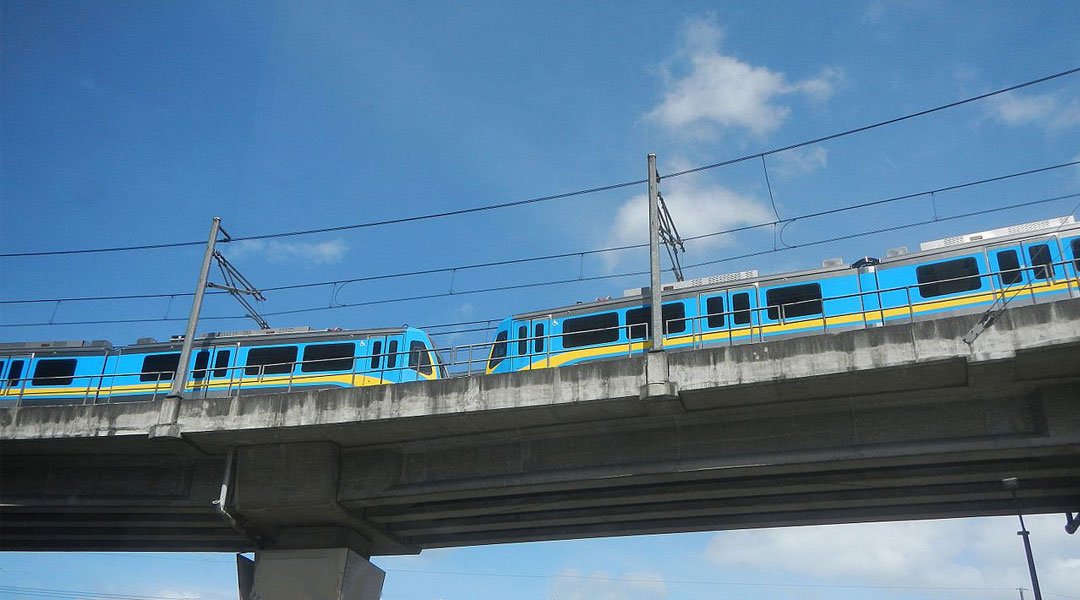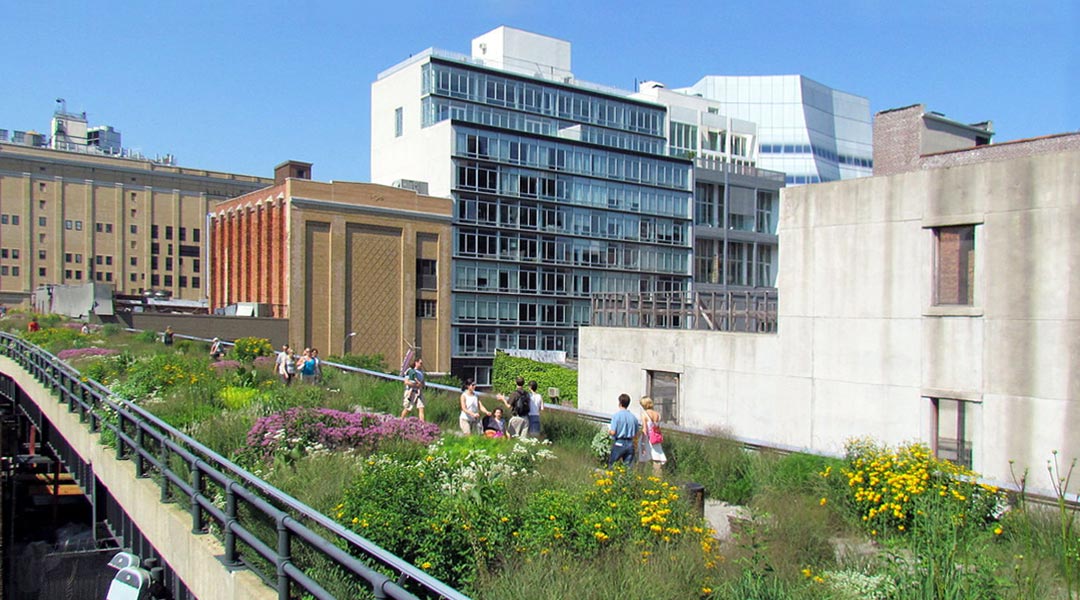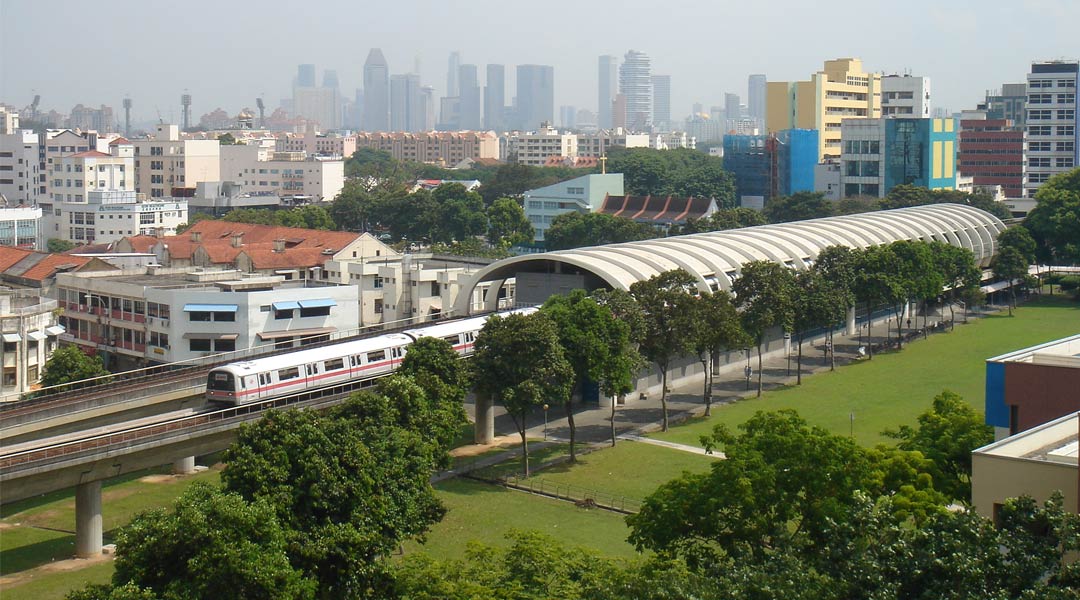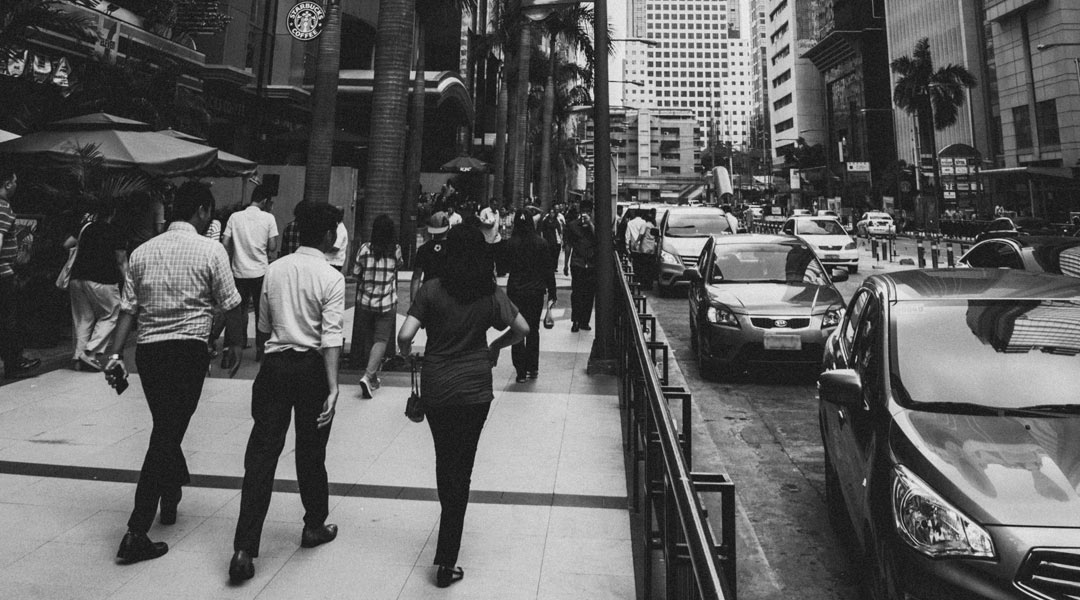
House Committee OKs proposed “Sustainable Transportation System Act”
Commuters may soon enjoy a greener and more efficient Philippine transportation system, as the House Committee on Transportation chaired by Rep. Cesar Sarmiento (Lone District, Catanduanes) approved on Wednesday a draft substitute bill promoting sustainable and alternative modes of transportation.
Also called the “Sustainable Transportation System Act,” the substitute bill aims to promote the health and welfare of the Filipino commuting public by institutionalizing a transportation system that utilizes muscular power; installing accessible audio pedestrian signals for persons with disabilities; securing bike-friendly communities for cyclists; reducing the emission of greenhouse gases; and bolstering the national economy through reduced overall commuting time.
READ MORE: Harvard GSD Dean on why “sustainable” is not enough

“Sustainable transport is the norm nowadays because of proven public health benefits. Under the bill, we will implement systems that will mitigate the impact of transportation to the environment. We will also aggressively promote walking and cycling which improve the quality of life of commuters and directly address the high incidence of chronic diseases. We want to put people first, not individual motorized vehicles, and protect all road users, including PWDs,” Sarmiento said.
The bill is principally authored by Sarmiento but was sponsored during the hearing by Rep. Luis Raymond Villafuerte, Jr. (2nd District, Camarines Sur) for purposes of the committee’s deliberations.
The measure provides for the creation of the Sustainable Transportation System Committee (STSC) with the Transportation Secretary serving as the de facto chairman. The STSC shall establish the Sustainable Transport Action Plan, a roadmap for national and local transportation systems to be adhered to at all levels throughout the country. The STSC will also lead the formation of the Traffic and Health Impacts Task Force to address the negative effects of the poor transportation on the health of commuters and the environment.
READ MORE: 5 public transit systems the Philippines can learn from

Before the bill was approved, the panel deliberated on several amendments. One such amendment was to replace the “Road Safety Audit” with “Road Safety Infrastructure Management” as the latter includes preventive and reactive strategies for new and existing roads. Another salient amendment was to account for electric bikes under Section 22, which provides that the government shall endeavor to incorporate biking as a primary mode of transportation. The approved provision specifies that the Department of Transportation (DOTr), through the Land Transportation Office (LTO), shall issue the necessary guidelines to account internationally accepted standards and safety considerations.
Also amended was Section 9, which provides that all local government units (LGUs) shall submit annually an integrated land use and transportation plan formulated in consonance with the Sustainable Transport Action Plan. The amended provision now states that in addition to addressing traffic congestion, the plan drafted by the LGUs shall focus on measures to promote multimodal streets and establish and connect bikeways. Section 9 was also revised to reflect that nothing in the Sustainable Transportation System Act prevents LGUs and the Department on Public Works and Highways from “exercising their powers to regulate or limit the use of existing roads under their respective jurisdictions in order to promote sustainability.”
READ MORE: What does inclusive street design look like?

In addition, Section 17, Installation of Elevated Walkways, was amended to state that elevated walkways shall be constructed and designated instead of at-grade pedestrian walkways and pedestrian islands cannot anymore be pursued or constructed.
During the meeting, the panel also approved the creation of technical working groups to consolidate road safety awareness measures such as HBs 7195, HB 7312, 7439, 7463, and 7920, and to conduct an update on enacted road safety laws.
This announcement was first made on www.congress.gov.ph.
READ MORE: How do we make sure Asia’s megacities are healthy cities?


